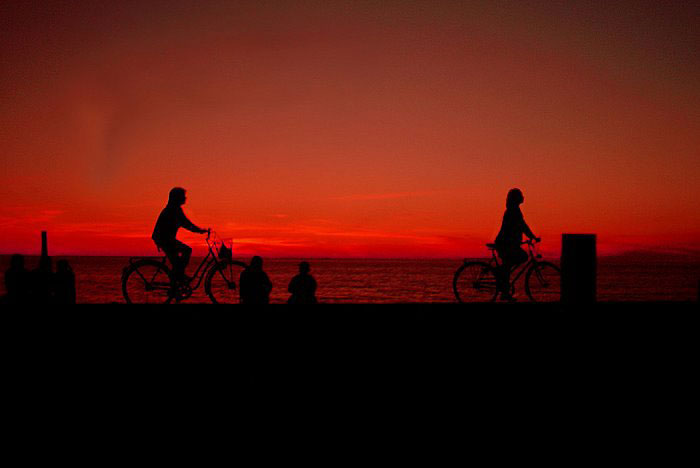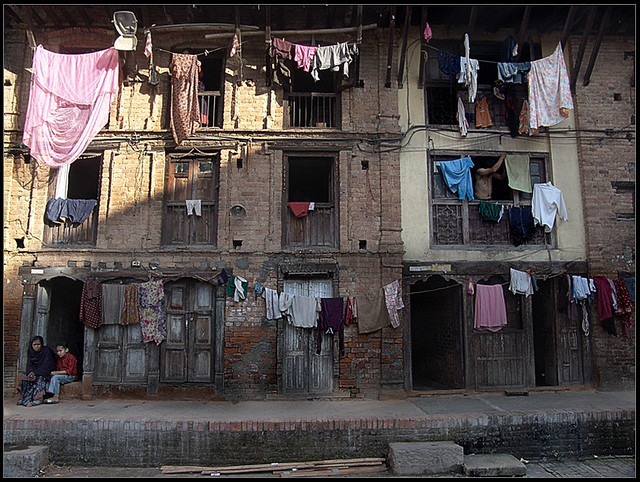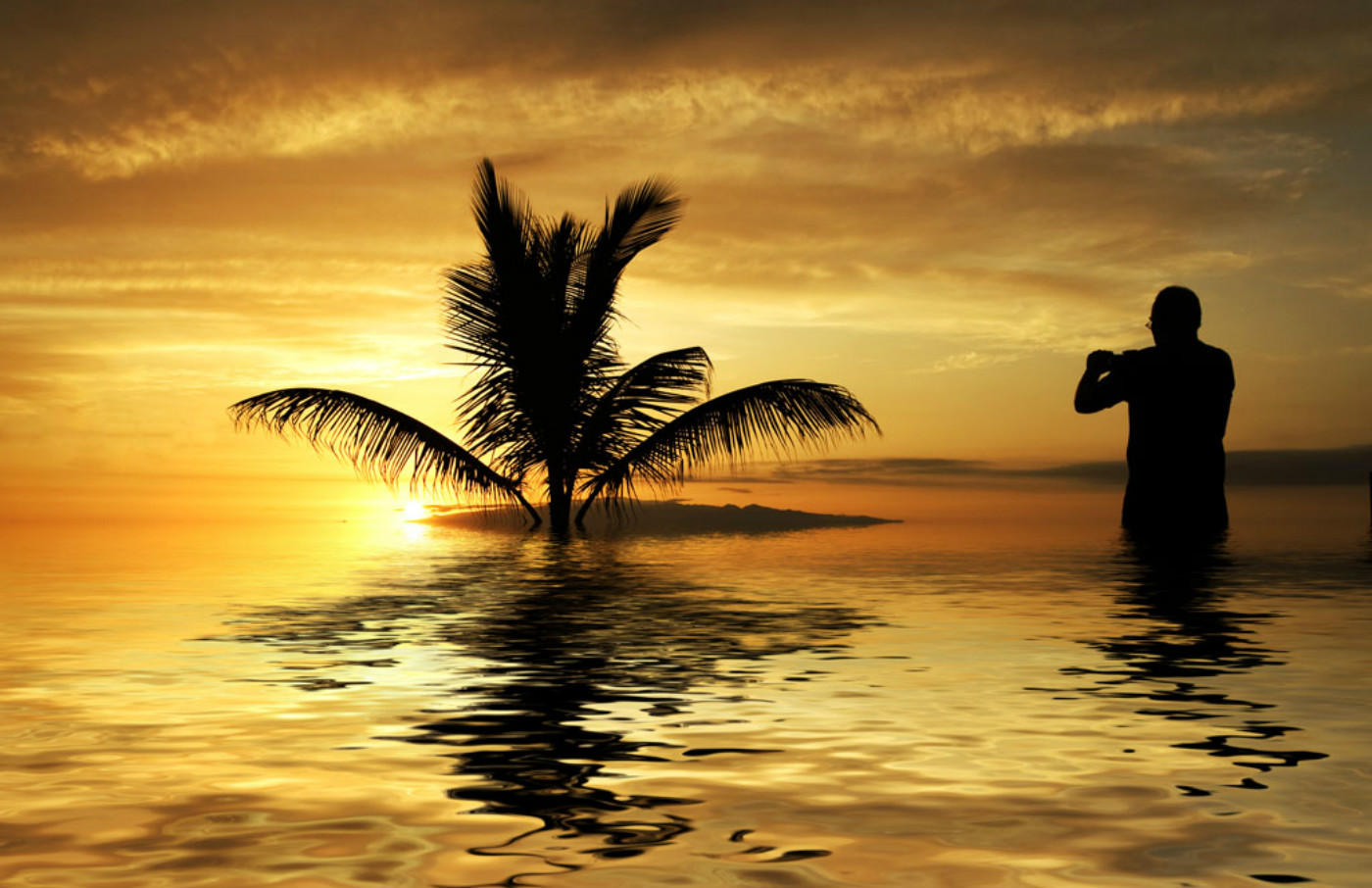The vast majority of people who travel do so without thinking much about it. They book their tickets and accommodation in a destination that looks interesting, fly there, do some tours, eat some local foods, take a heap of photographs, and go home again. And, don’t get me wrong, that’s a lot of fun.
Vagabondish is reader-supported. When you buy through links on our site, we may earn a small affiliate commission. Read our disclosure.
But there might be a way to get something deeper out of your travels. That’s to travel more thoughtfully — to think about your personal philosophy of travel. Ask yourself these questions before setting out and your next trip might be more meaningful and even more enjoyable.
Why Do You Want To Travel?
When I first moved abroad and started making travel a major part of my life, I hadn’t stopped to think about what drove me to do it — I just knew I really, really wanted to. I was at the “ripe old age” of 25 and feeling like I hadn’t taken the chance to go backpacking and traveling when I was at university or in my early 20s. I also thought that it was a bit of “now or never” (I was wrong, but at least it got me going). And I had the feeling that I needed to leave my hometown for a while. Growing up in Perth, recognized as the most isolated city on earth, means a lot of people get that feeling.
Those were some of the reasons that got me moving in the first place, but these days my answer would be quite different. Now I want to travel because it’s so much fun, it’s challenging, it helps me learn and grow. It opens up my eyes to new people, places and ideas.

Summer Evening in Visby, Sweden © Per Ola Wiberg
What Do You Think You Might Learn?
If you really sit down and get philosophical, this is not such a crazy question — life is all about learning. And certainly, sitting in school or reading a dozen textbooks are two ways of learning that are far from effective for everyone. But traveling — especially long-term and independent travel — is a way to pretty much guarantee that you’ll learn something new.
What you learn may be factual — history and geography, simply from discovering new places, exploring their museums or visiting their galleries. But most of what you’ll learn will be much deeper.
When I reflect on what I have learnt over my years of traveling, the list is enormous. So many of my hobbies and interests have developed out of things I learnt while traveling. And then I have my travel blog, a really important part of my working life that wouldn’t exist at all if I hadn’t travelled a lot.
I have also learnt a great deal about myself as a person. While you might argue that comes simply with the passage of time, there’s no denying that exposing yourself to new and different situations drastically enhances and accelerates this process.
What Do You Want To Know About How Other People Live?
One part of traveling that I hadn’t expected to love so much was seeing how locals lived their everyday life. I hadn’t quite realised that everyday life, as boring as it sounds, can actually be quite fascinating.
I love learning from the different ways that things happen in different countries. For example, I’m not particularly religious, but I like many aspects of the traditions and ceremonies that bring together a community. In Japan, many people I met would also tell me they weren’t particularly religious, but they still took part in numerous Shinto and Buddhist ceremonies throughout the year, and these celebrations were an important part of their lives in many ways, both in having some kind of belief system (even if they didn’t believe, as such) and in keeping contact with family and friends.

Clothes, Doors, Windows, Few Families and … One Rusty Building, Nepal © Sukanto Debnath
What Parts Of Your Life Or Culture Do You Think Could Be Improved?
One fantastic benefit of traveling in cultures that are different to your own is that you can get a new perspective on issues that you didn’t even realise needed to be thought about.
Keep your eyes open — there’s a good chance you’ll take away something that will change your life forever.
Far from philosophical, but a great example for me, was the way people around the world wash the dishes. Here in Australia — probably due to our constant water shortages — we tend to fill a sink and wash all the dishes in it. I grew up this way, and didn’t question it, until I noticed that people in other countries do it differently (for example, keeping the tap running the whole time). I met people who were shocked at the terribly unhygienic way we Aussies washed dishes — trying to clean them in dirty water, they said! And they have a point.
From small to big things, different cultures do things in many different ways. Keep your eyes open and make as much contact as you can with the local people when you’re traveling. There’s a good chance you’ll take away something that will change an aspect of your life forever.
What’s My Philosophy of Travel?
Everyone has their own very individual answer to this question. For me, travel — the act of doing it, reflecting on past travels, and planning future trips — is an essential part of my life, because I feel that staying permanently in one place makes my mind stagnate.
I’m always inspired and refreshed by travel. I believe very strongly in equality of people and traveling helps me to remember that no matter where we are raised or live, what we look like or what we do, people are really the same and everyone is worth getting to know.


